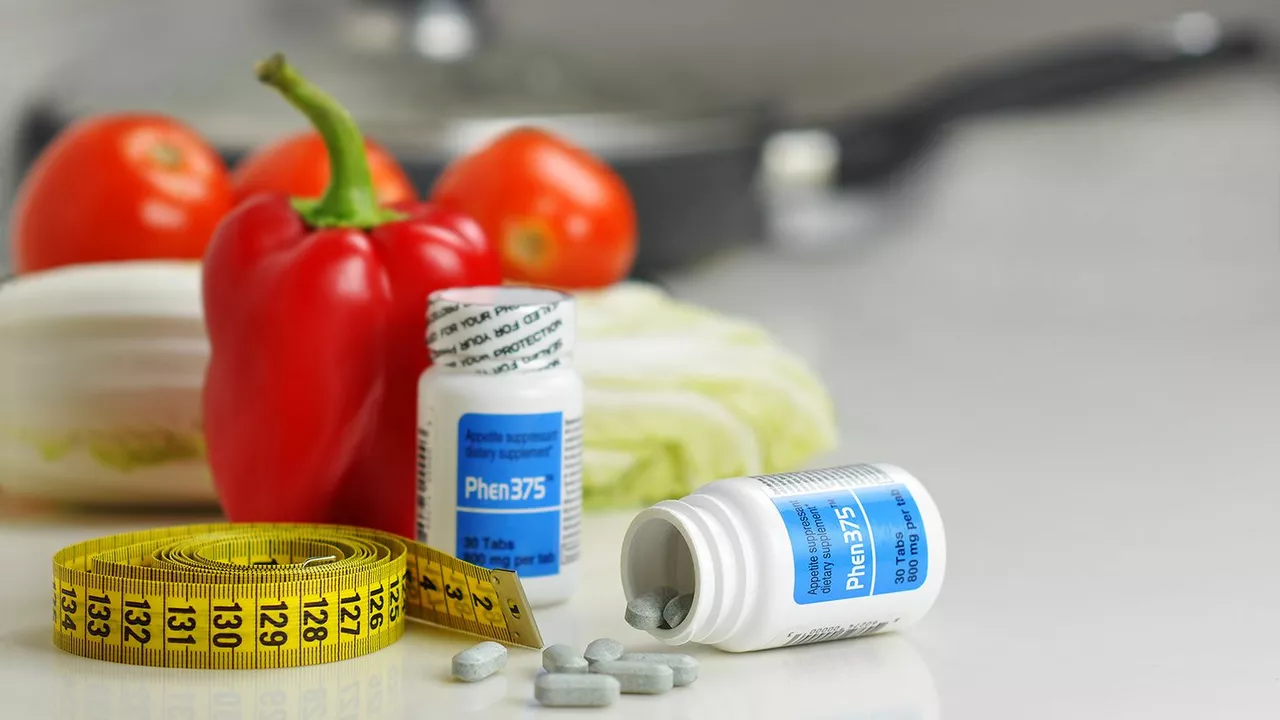Understanding the Connection Between Diet and Recovery
When we get sick, our bodies naturally ramp up defenses and work towards healing. Our diet plays a significant role in this process, as it provides the necessary nutrients to support our immune system and speed up recovery. Essentially, the foods we eat can either help or hinder our body’s attempts to get back on track. Consuming a balanced diet rich in fruits, vegetables, lean proteins, and whole grains can provide essential vitamins and minerals that our bodies need to fight off infections and recover from illness. On the other hand, a diet high in processed foods, sugars, and unhealthy fats can slow down recovery and even make symptoms worse.
Boosting Recovery Through Immune-Enhancing Foods
There are certain foods known to boost the immune system and aid in recovery. For instance, citrus fruits like oranges and grapefruits are packed with vitamin C, which is known to boost the immune system. Green leafy vegetables like spinach and kale are rich in vitamins A, C, and E, and also carry a good amount of fiber. Lean proteins like chicken, turkey, and fish provide amino acids that help repair body tissues and aid in the production of antibodies. Including these foods in your diet can significantly improve your body’s ability to recover from illness.
The Role of Hydration in Sickness Recovery
Hydration is another crucial factor in sickness recovery. When we’re sick, our bodies can lose fluids through fever, sweating, vomiting, or diarrhea. Replacing these lost fluids is key to preventing dehydration, which can further complicate recovery. Water is the best choice for hydration, but broths, herbal teas, and electrolyte drinks can also be beneficial. It’s important to note that beverages high in sugar or caffeine can cause further dehydration and should be avoided.
Supplements to Speed Up Recovery
While a balanced diet should provide all the nutrients your body needs to recover from illness, sometimes it’s not enough. This is where supplements come in. Supplements like vitamin C, zinc, and echinacea are known to boost the immune system and aid in recovery. Probiotics can also be beneficial, especially if you’re recovering from a gastrointestinal illness. However, it’s important to consult with a healthcare provider before starting any new supplement regimen, as some supplements can interact with medications or have side effects.
Avoiding Foods that Slow Down Recovery
Just as there are foods that can aid in recovery, there are also foods that can hinder it. Foods high in sugar can suppress the immune system and slow down recovery. Similarly, foods high in unhealthy fats can increase inflammation and worsen symptoms. Alcohol and caffeine can also cause dehydration and should be avoided. Instead, opt for whole, unprocessed foods that provide a wealth of nutrients and aid in recovery.
Creating a Balanced Diet for Optimal Recovery
Creating a balanced diet for optimal recovery involves more than just eating the right foods. It also involves eating at the right times and in the right amounts. For example, eating smaller, more frequent meals can help maintain energy levels and provide a steady stream of nutrients to the body. Including a variety of foods in your diet can ensure that you’re getting a wide range of nutrients. It’s also important to listen to your body and eat when you’re hungry, as this is your body’s way of signaling that it needs more energy and nutrients to fight off illness and recover.

arthur ball
July 17, 2023 AT 14:48Harrison Dearing
July 17, 2023 AT 21:34Justice Ward
July 18, 2023 AT 22:31bhuvanesh kankani
July 19, 2023 AT 00:12maria norman
July 19, 2023 AT 12:59Iris Schaper
July 20, 2023 AT 05:57katerine rose
July 21, 2023 AT 21:32arthur ball
July 22, 2023 AT 18:39